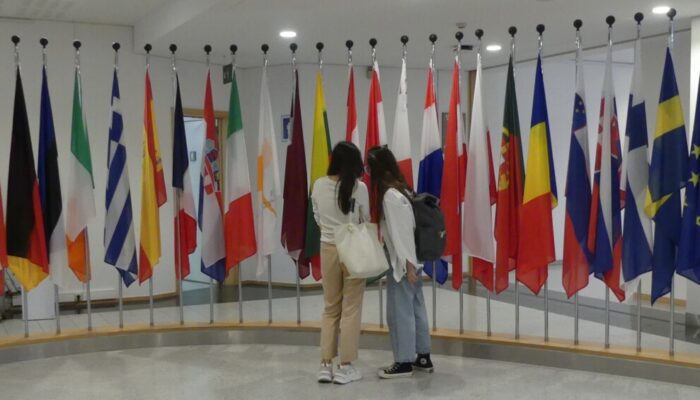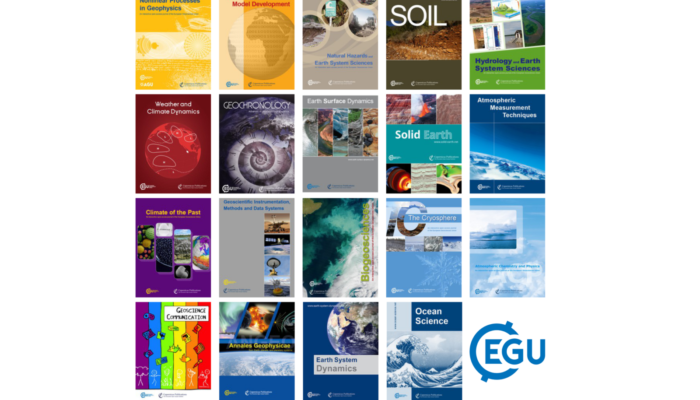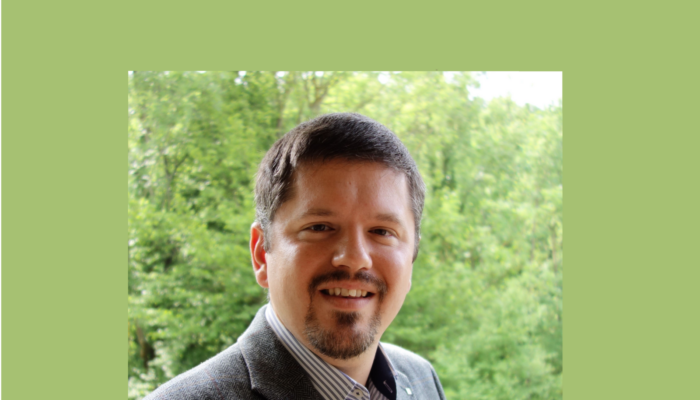We have entered a new era of “harsh” geopolitics. Those were the words of the European Commission President Ursula von der Leyen in her keynote speech at the World Economic Forum in Davos on January 21, 2025. It is an era with geostrategic rivalries where commitment to international organisations (e.g. UN, WHO) and global solidarity can no longer be taken for granted. By now it is clear that the c ...[Read More]
Are you ready to vote for your favourite Division blog of 2024?
Our EGU blogging team has had a fantastic 2024 posting across our official blog, GeoLog and the division blogs. Most of our readers appreciate EGU’s blogs for their informative yet accessible style, and for our bloggers ability to take complex geoscience content and make it fun and relevant to the reader. If this sounds like something you’d like to get involved in, we encourage you to get in touch ...[Read More]
GeoRoundup: the highlights of EGU Journals published during January!
Each month we feature specific Divisions of EGU and during the monthly GeoRoundup we put the journals that publish science from those Divisions at the top of the Highlights section. For January, the divisions we are featuring are Tectonics and Structural Geology (TS), Geochemistry, Mineralogy, Petrology & Volcanology (GMPV), and Earth Magnetism & Rock Physics (EMRP). They are served by the ...[Read More]
GeoTalk: Meet Viktor Bruckman, interdisciplinary researcher, EGU Division President, and EGU Biodiversity Task Force
Viktor, welcome to GeoTalk! Can you tell us a bit about your current research focus? My current research is on the defossilization of our energy system with a strong focus on the roles of forests and soils in this context. I was originally trained in forestry and my research is still tightly connected with this topic, but it has widened to also include aspects of carbon sequestration, sustainable ...[Read More]




